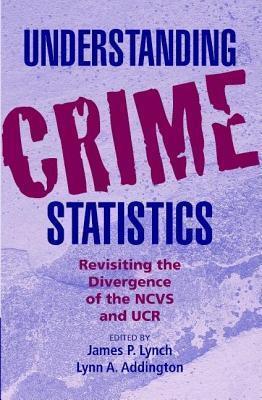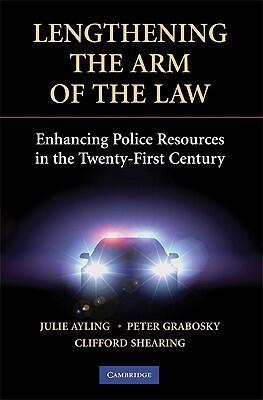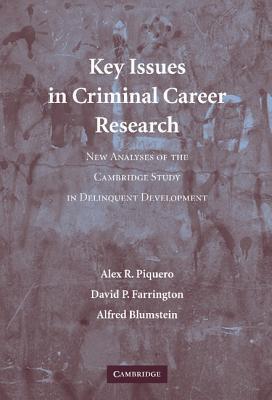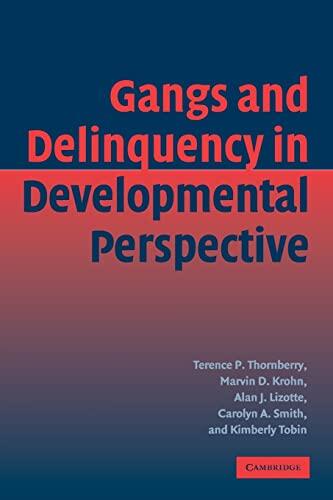
Police Innovation: Contrasting Perspectives
아직 평점이 없습니다
Mystery
History
형식
페이퍼백
페이지
388
언어
영어
출판됨
Jun 12, 2006
출판사
Cambridge University Press
ISBN-10
0521544831
ISBN-13
9780521544832
설명
American policing has undergone remarkable transformations over the past three decades, and this work explores those shifts from varied viewpoints. David Weisburd and Anthony A. Braga delve into the intricate landscape of modern law enforcement, examining innovations and adaptations that have emerged in response to evolving societal needs and challenges. The authors provide a nuanced understanding of how different approaches can lead to improved policing practices, emphasizing the importance of both theory and practical application.
The book weighs contrasting perspectives on police innovations, shedding light on successful strategies while also addressing areas of concern. It discusses the implications of new technologies, community engagement, and evidence-based practices, highlighting how these elements contribute to the effectiveness of police work. Through this critical exploration, Weisburd and Braga invite readers to reflect on the ongoing dialogue surrounding public safety and the role of policing in a democratic society.
By analyzing case studies and drawing on empirical research, the authors present a well-rounded view that acknowledges both the merits and drawbacks of various policing methods. The intricate balance between innovation and accountability is a recurring theme, as they encourage a comprehensive approach to understanding the complexities of law enforcement in contemporary America.
Ultimately, this work serves as both a historical account and a forward-looking examination of police practices. Weisburd and Braga's insights aim to inform practitioners, policymakers, and scholars alike, fostering a robust conversation on how best to navigate the future of policing in an ever-changing world.
The book weighs contrasting perspectives on police innovations, shedding light on successful strategies while also addressing areas of concern. It discusses the implications of new technologies, community engagement, and evidence-based practices, highlighting how these elements contribute to the effectiveness of police work. Through this critical exploration, Weisburd and Braga invite readers to reflect on the ongoing dialogue surrounding public safety and the role of policing in a democratic society.
By analyzing case studies and drawing on empirical research, the authors present a well-rounded view that acknowledges both the merits and drawbacks of various policing methods. The intricate balance between innovation and accountability is a recurring theme, as they encourage a comprehensive approach to understanding the complexities of law enforcement in contemporary America.
Ultimately, this work serves as both a historical account and a forward-looking examination of police practices. Weisburd and Braga's insights aim to inform practitioners, policymakers, and scholars alike, fostering a robust conversation on how best to navigate the future of policing in an ever-changing world.



















